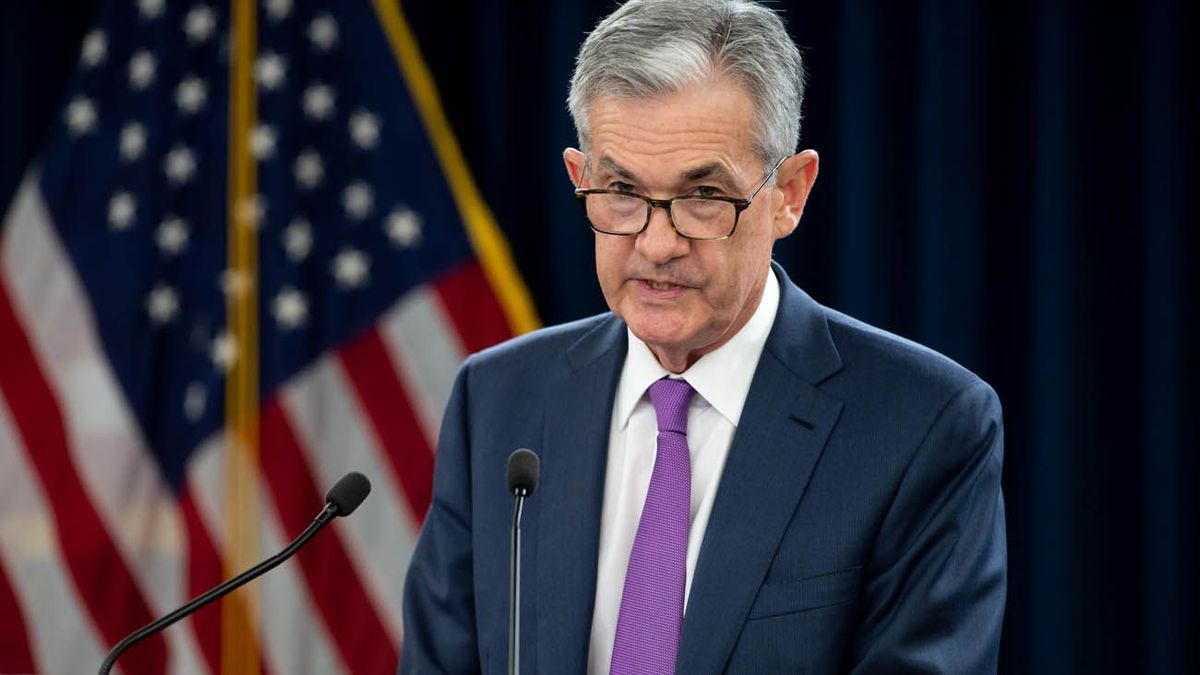If so, funds to emerging countries will continue to flow more strongly than has been the case up to now, and the price of commodities (which constitute Argentina’s main exportable supply) may rise in an environment where the cost of money would be cheaper
The fund manager Balanz states in his latest report that “the marked slowdown in inflation since October in the United States, together with partial indicators of activity that seem to be reflecting the impact of the Federal Reserve’s adjustment policy, generated a powerful incentive for a fall in interest rates and an improvement in asset prices since the end of October.
Some Surveys among the main referents indicate that many assume that the entity managed by Jerome Powell could begin to be more flexible despite the fact that recently, on December 14, the Fed pointed out that it is still premature to get excited about the good results in prices. recently the agency Bloomberg released a survey in which the market expects that from the current 250 basis points there would be a reduction to 120 by the end of 2023 already 47 by the end of 2024.
“From this perspective, the question arises as to whether the market is not going ahead of the Fed”, asks Balanz. The manager points out that it would still seem a little early to claim victory on inflation, particularly since the reopening of the economy in China could boost commodity prices and thereby fan the flames of inflation.
“A breakdown of the US consumer price index shows that much of the recent reduction in inflation was due to the sharp drop in flexible prices. (those prices that adjust easily), since the prices that show greater rigidity in their movements still exhibit a growing interannual dynamics”, warns the consultant.
By your side, a report from the Quantum Finance consultancy, headed by the economist Daniel Marx, who currently advises the Minister of Economy, Sergio Massa, in debt management, maintains that the depreciation of the dollar at a global level associated with the drop in interest rates, would represent “a certain relief, albeit marginal, to the restrictions with which the Argentine economy works.
The report says that the “periods of depreciation of the dollar are associated with higher international commodity prices, something that Argentina would do well in a year in which the volume of agricultural exports will be greatly affected due to drought and other factors that affect supply and demand”.
The report indicates that “it is expected that in 2023 the volume of energy imports will be lower than in 2022 (due to the partial start of operation of the Néstor Kirchner gas pipeline and a lower level of activity), being independent of the effects that the depreciation of the dollar and the global demand situation could have on the price of energy”.
Quantum considers that “the increased appetite for emerging market assets seen since the second half of last year could deepen.”
“To sustain, This greater flow of capital towards emerging countries could also reach Argentina, especially if the changes that are anticipated in policies take place.with a more pro-investment bias, and a restrictive monetary policy is maintained locally,” the report states.
Source: Ambito
David William is a talented author who has made a name for himself in the world of writing. He is a professional author who writes on a wide range of topics, from general interest to opinion news. David is currently working as a writer at 24 hours worlds where he brings his unique perspective and in-depth research to his articles, making them both informative and engaging.




